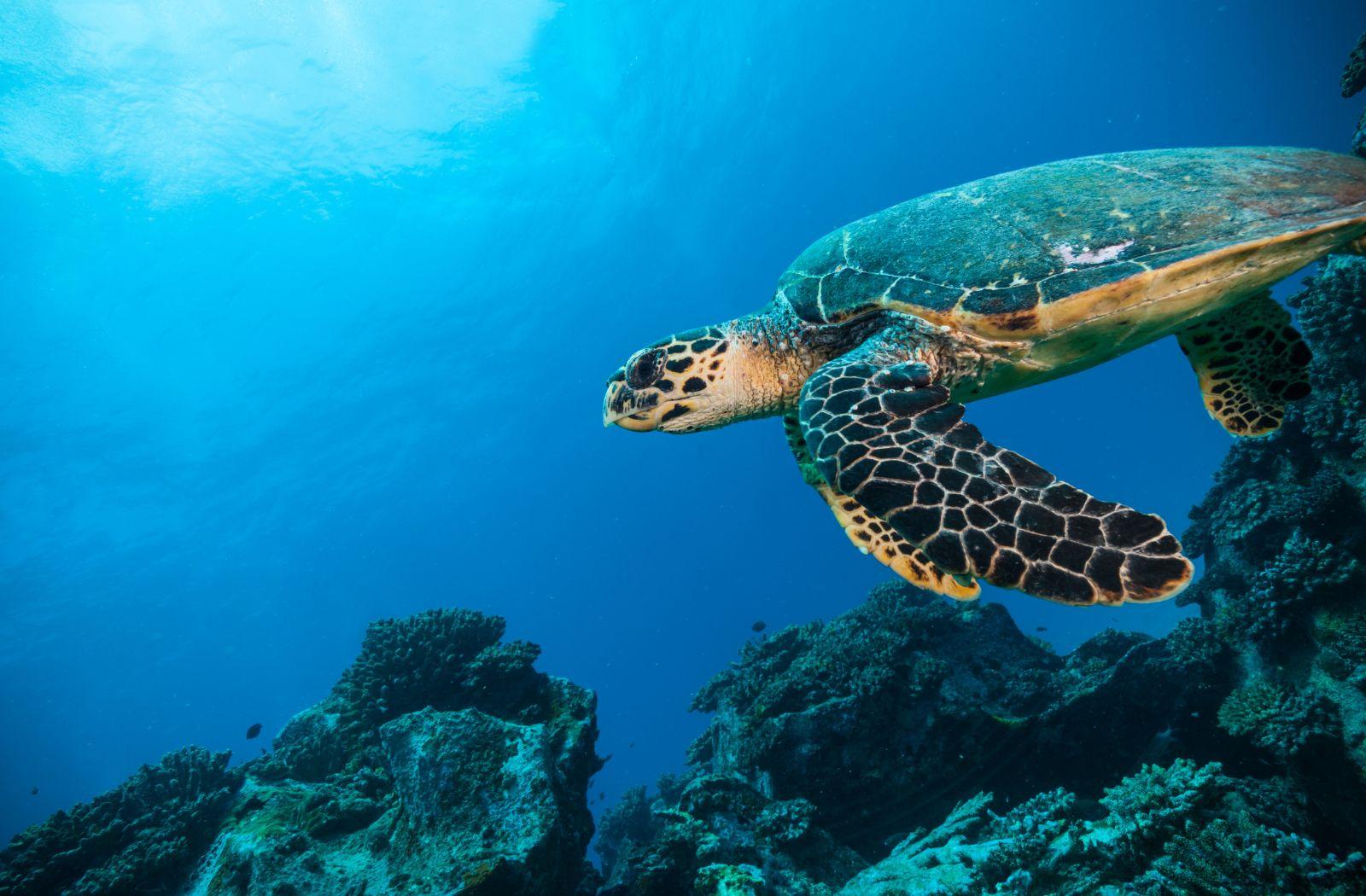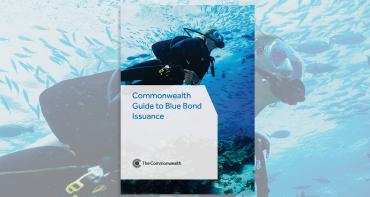Blog by Dr Jane Collins and Alison Swaddling, Advisers Ocean Governance, Commonwealth Secretariat

On 19 September 2025, on the margins of the United Nations General Assembly in New York, the Agreement on the Conservation and Sustainable Use of Marine Biological Diversity of Areas Beyond National Jurisdiction came into force when a threshold of 60 country ratifications was achieved.
Sri Lanka was one of the four countries that set the seal on this critical BBNJ Agreement, also known as the High Seas Treaty, to strengthen ocean governance.
Sri Lanka’s decision to ratify the BBNJ Agreement signalled its commitment to safeguarding marine ecosystems and contributing to global efforts to ensure the sustainable use of the ocean in areas beyond national jurisdiction. Sri Lanka actively participated in BBNJ intergovernmental negotiations since they started in 2018.
The country has been considered an ocean governance leader since before the development of the 1982 United Nations Convention on the Law of the Sea (UNCLOS).
Extensive collaboration between Sri Lanka, the Commonwealth Secretariat, the Australian Department of Foreign Affairs and Trade (DFAT) and the Australian National Centre for Ocean Resources and Security (ANCORS) followed as Sri Lanka embarked on the ratification process.
Commonwealth technical assistance and capacity building
To support Sri Lanka’s journey toward ratification, the Commonwealth Secretariat provided targeted technical assistance, working closely with the Government of Sri Lanka. A comprehensive and interactive capacity-building programme was designed to equip policymakers, legal experts and practitioners with the knowledge and tools needed to engage with the BBNJ framework, including on matters such as:
-
Marine genetic resources
-
Environmental impact assessments
-
Area-based management tools, including marine protected areas
-
Capacity building and transfer of marine technology, and
-
Institutional arrangements
Technical assistance means hands-on support for aligning national frameworks and developing strategies for the implementation of the Agreement. The Commonwealth Secretariat deploys subject matter experts to work with participants to identify opportunities and address challenges in preparing for accession, compliance and operationalisation of national and international laws and treaties – such as the BBNJ Agreement.
Together, we analyse current institutional arrangements, identify gaps and propose actionable measures to support member countries. Sri Lanka was a great partner in this process and helped the Secretariat team to refine its technical support.
A step forward for sustainable oceans
The BBNJ Agreement represents a new chapter in the governance of the high seas, focusing on the conservation and sustainable use of marine biodiversity in areas beyond national jurisdiction. By ratifying this treaty, and ensuring its coming into force, Sri Lanka joined a growing number of countries committed to ensuring that ocean resources are protected for future generations.
When a country ratifies the BBNJ Agreement, it means that, after signing it, the country has formally agreed to be legally bound by the treaty. Ratification turns a political commitment – by signature - into a binding obligation under international law.
The BBNJ Agreement will enter into force on 17 January 2026, which is 120 days after the 60th ratification. From this date, the treaty’s rules, such as processes for creating marine protected areas, conducting environmental impact assessments, and sharing benefits from marine genetic resources, will become legally binding for all parties.
Sri Lanka’s ratification of the BBNJ Agreement highlights the value of strong partnerships between governments, regional organisations and technical experts. It sets a positive example for other nations looking to take meaningful action for the conservation and sustainable management of the world’s shared ocean spaces and resources.



